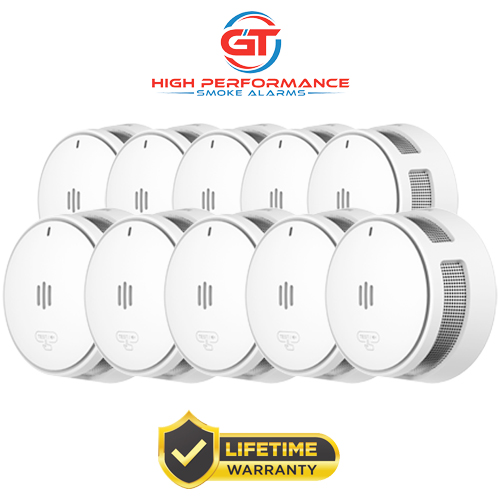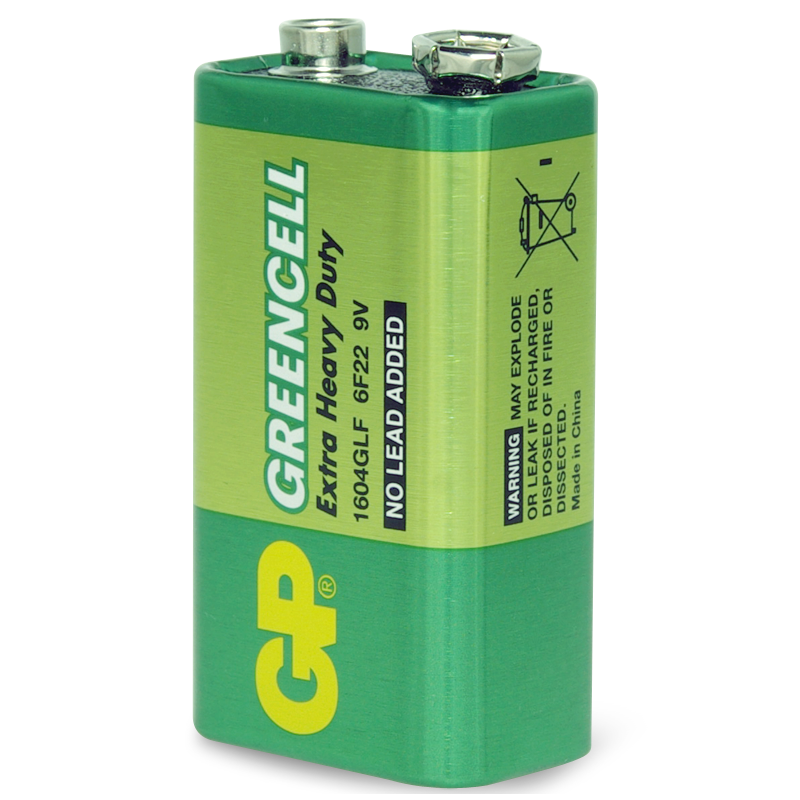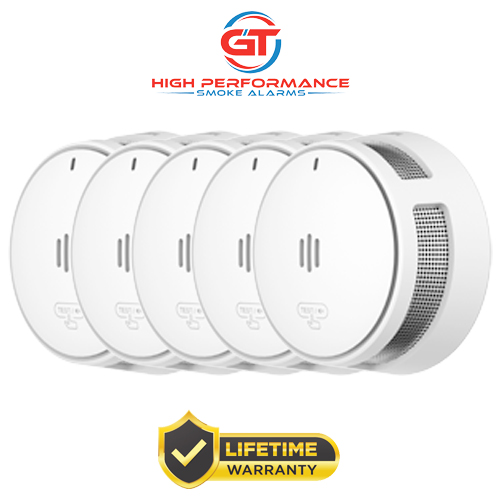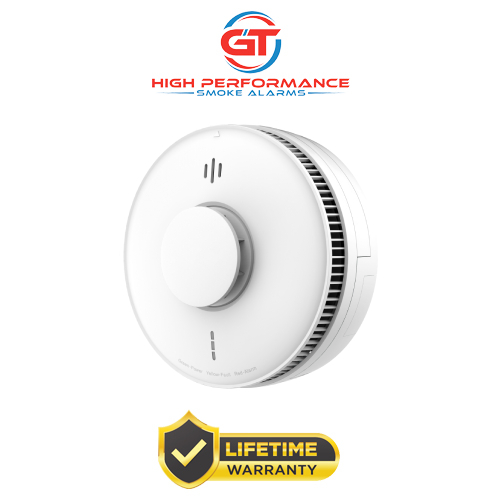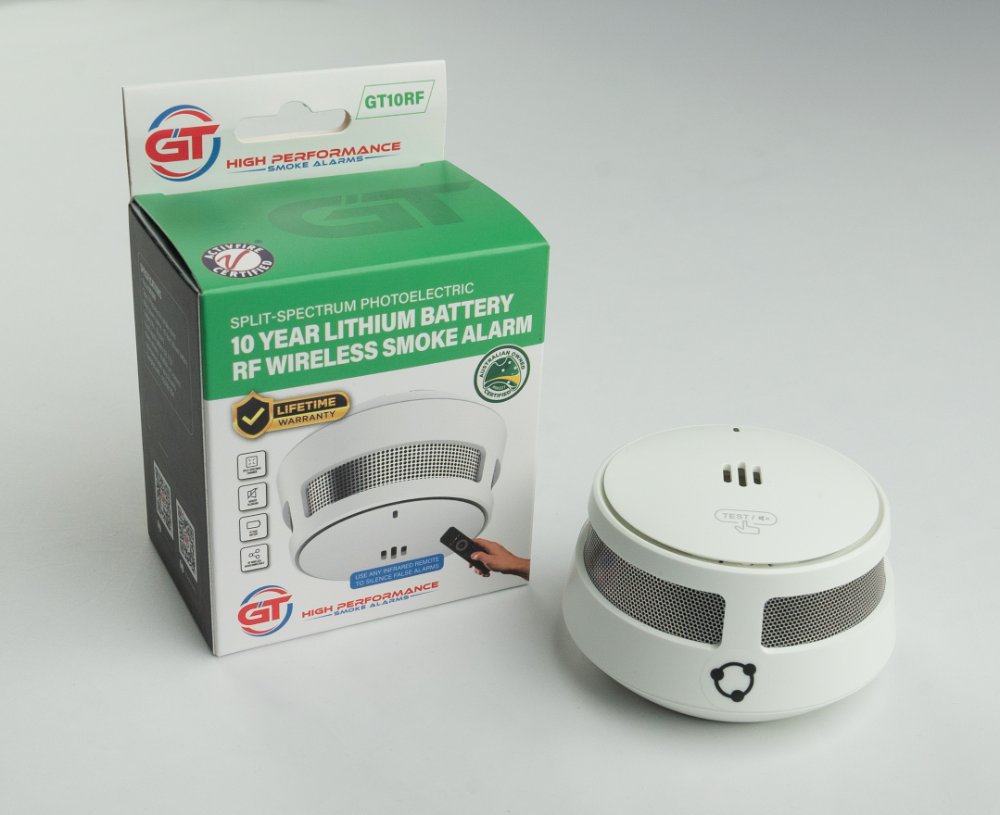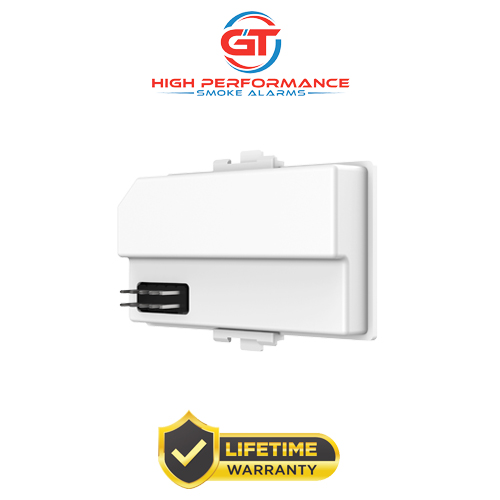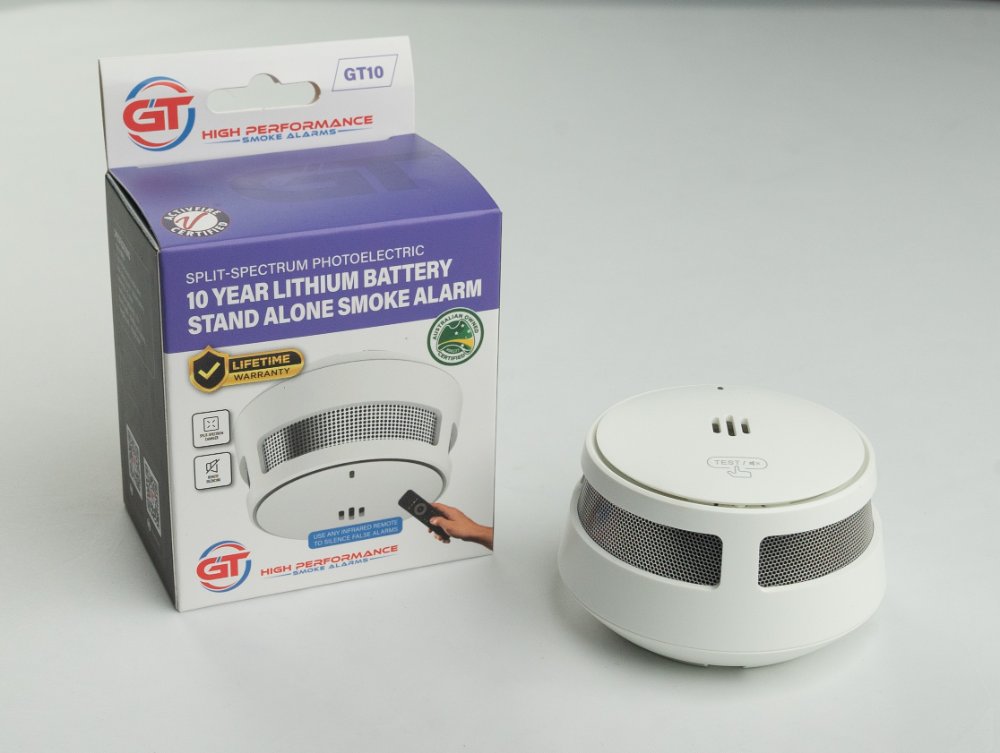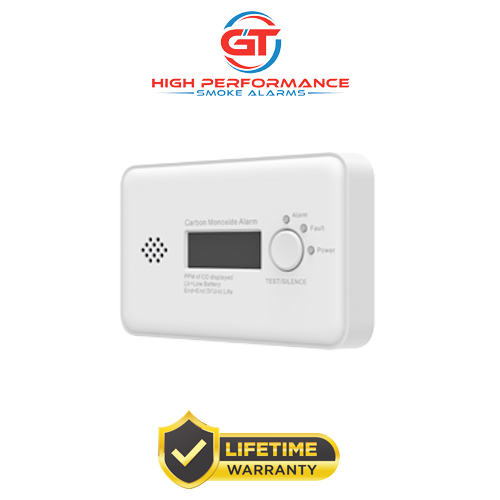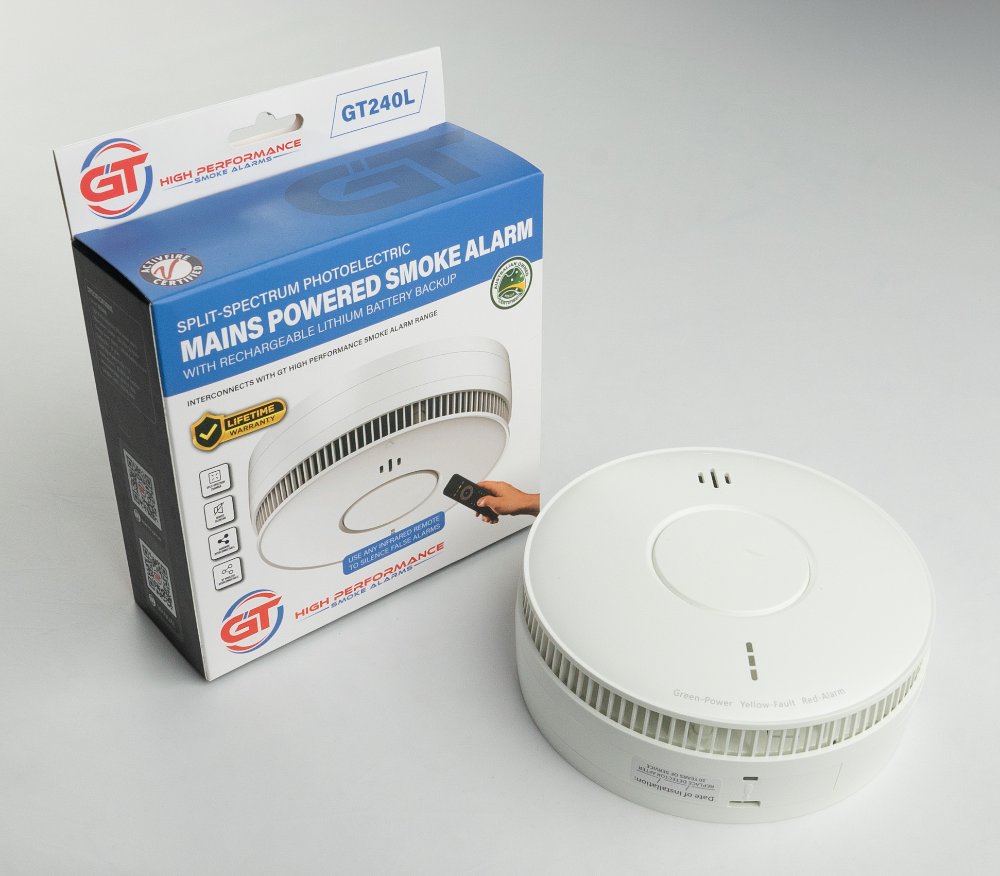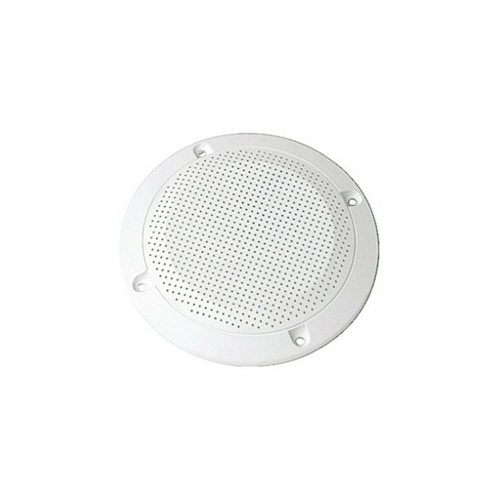How often should carbon monoxide detectors be checked?
Carbon monoxide (CO) is a colorless, odorless gas that can be extremely dangerous if not detected early. It is produced by the incomplete combustion of fuels such as gas, oil, coal, and wood. Since carbon monoxide is virtually undetectable without a detector, it is crucial to have these devices installed in your home. But how often should you check them to ensure they are functioning properly?
Why is it important to check carbon monoxide detectors regularly?
Carbon monoxide detectors are designed to alert you when the gas reaches dangerous levels in your home. Regularly checking these devices is essential to ensure they are in proper working condition. Over time, detectors can become less sensitive or malfunction, putting you and your family at risk.

How often should you test your carbon monoxide detectors?
Experts recommend testing your carbon monoxide detectors at least once a month. This simple test involves pressing the “test” button on the device to ensure the alarm sounds. If the alarm does not go off, it may be a sign that the detector needs new batteries or should be replaced altogether.
How often should you replace your carbon monoxide detectors?
Carbon monoxide detectors have a limited lifespan, typically ranging from 5 to 10 years. It is important to check the manufacturer’s guidelines for your specific model, as the lifespan can vary. If your detector is older than the recommended lifespan or if it is not functioning properly, it is crucial to replace it immediately.
Additional tips for carbon monoxide safety
While regularly checking your carbon monoxide detectors is essential, there are other steps you can take to ensure the safety of your home:
- Install carbon monoxide detectors on every level of your home, including outside sleeping areas.
- Follow the manufacturer’s instructions for installation and placement of detectors.
- Keep detectors away from sources of heat, humidity, and chemicals.
- Have your heating system, water heater, and any other fuel-burning appliances inspected annually by a qualified technician.
- Never use portable generators, charcoal grills, or other fuel-burning devices indoors.
By following these guidelines and regularly checking your carbon monoxide detectors, you can help protect yourself and your loved ones from the dangers of carbon monoxide poisoning.

